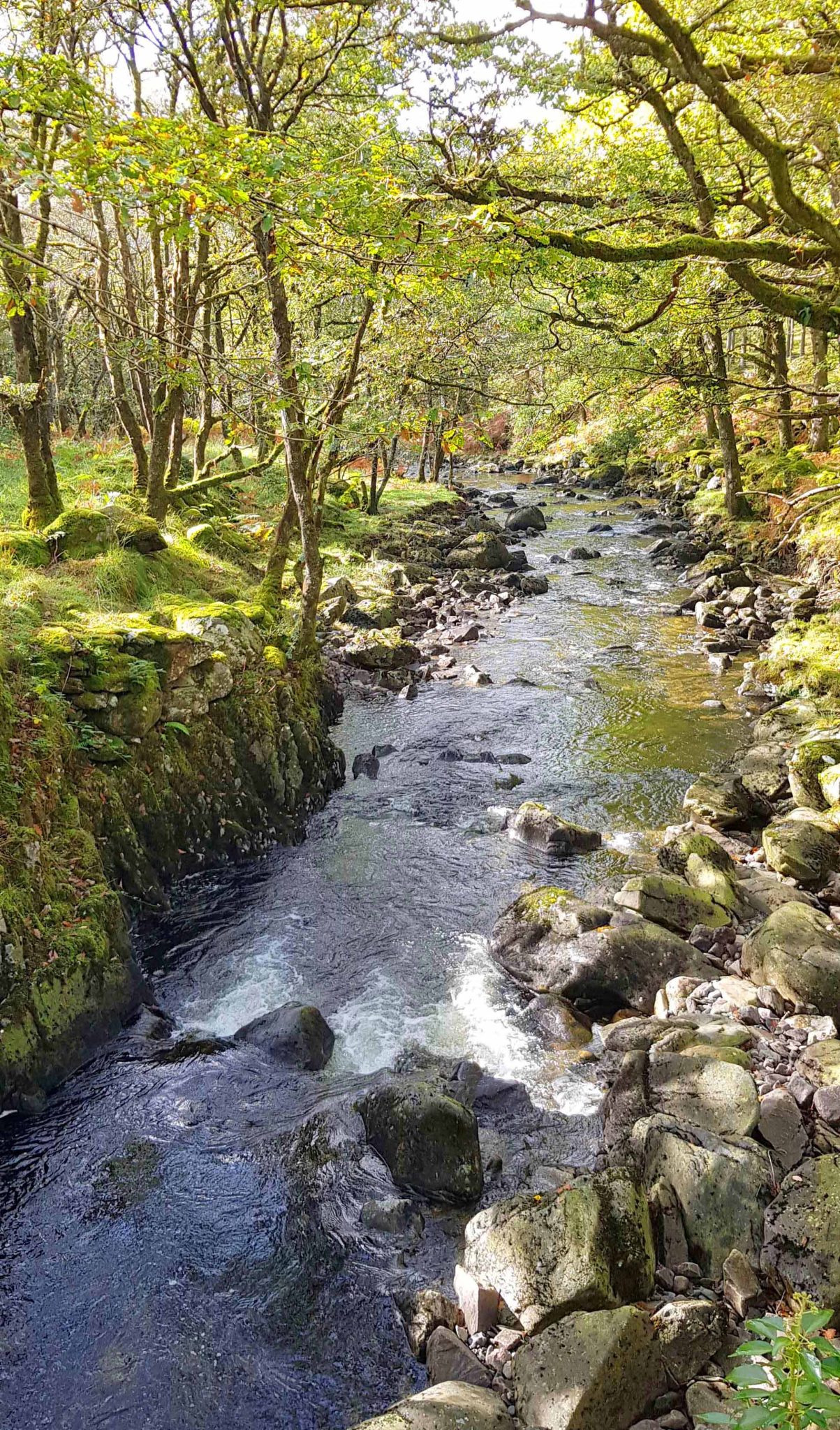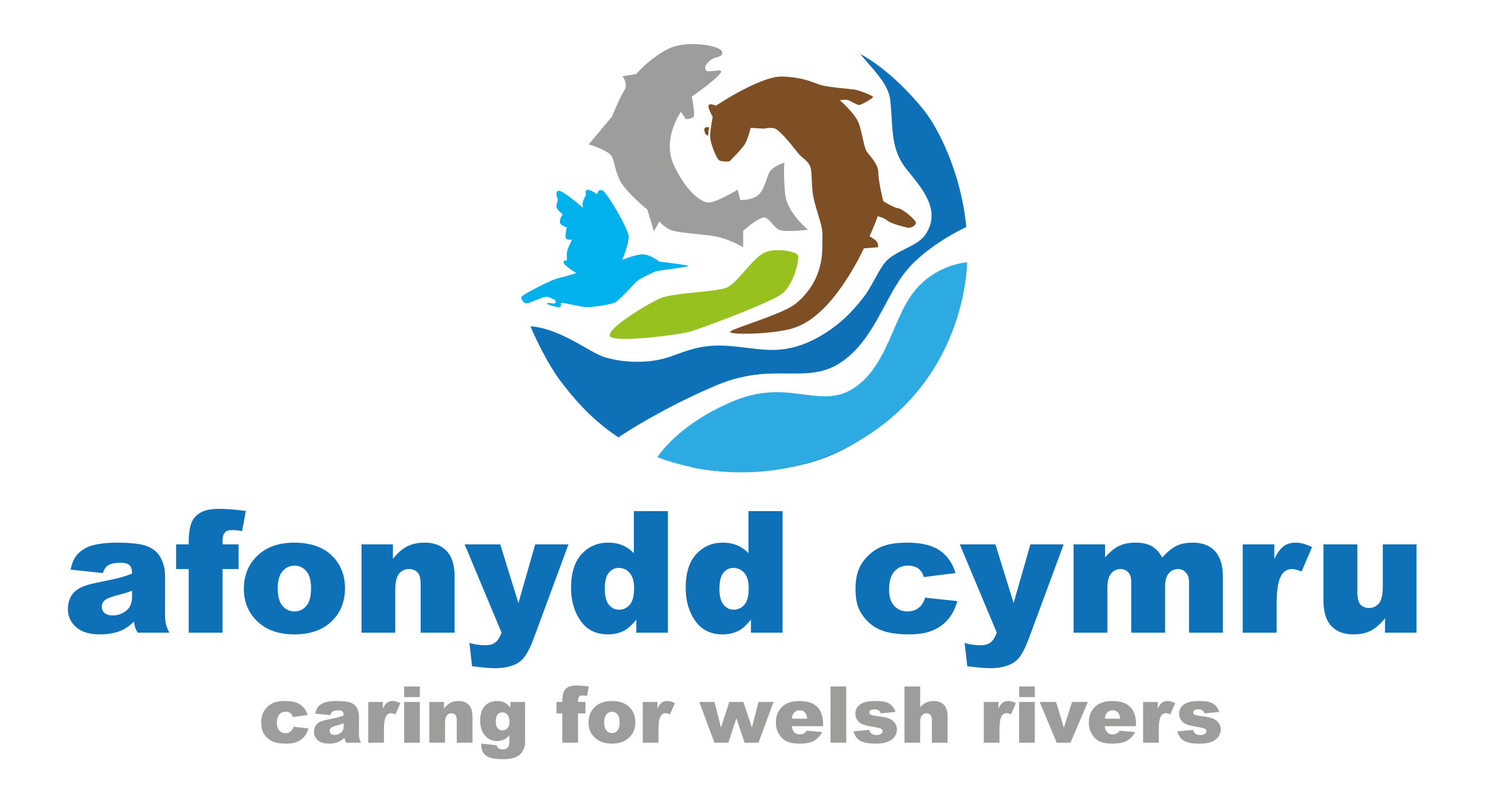
If the same assessment methods and reporting was used as England, it is likely that waterbody failure for chemicals in Wales would be significantly higher.
A report commissioned by the Office for Environmental Protection shows why Welsh rivers cannot continue to be compared favourably with England in Water Framework Directive chemical assessments.
Friday 17th May, 2024
A report commissioned by the Office for Environmental Protection (OEP) in England has compared the different approaches and performance in Water Framework Directive implementation across the UK.
It supports our concerns that current assessment methods and reporting from Natural Resources Wales and lakes are not giving an accurate picture when it comes to chemicals in Welsh rivers.
Currently in Wales, 94% of surface waterbodies are classified as having good chemical status.
However, unlike England, ubiquitous Persistent, Bioaccumulative and toxic chemicals (uPBTs) are still not being fully accounted for.
Previously, when England used a similar approach to Wales, 97% of its waterbodies achieved good chemical status. In the latest round of Water Framework Directive assessments, the Environment Agency used more up-to-date methods and reporting for uPBTs. Now, 0% of waterbodies in England have good chemical status.
That might be the reality for Wales too – there is a reason why the term “ubiquitous” is used to describe these chemicals.
It is very possible that if the same assessment methods and reporting were used in Wales as is the case in England, the current 94% of Welsh waterbodies achieving good chemical status would be significantly lower, perhaps even 0% too. The OEP report says: “…. if uPBTs were accounted for in all nations it is expected that widespread chemical status failure would result.”
This was one of the points Afonydd Cymru made in a report we submitted to the Wales Water Forum on Water Framework Directive implementation earlier this month.
We often hear Wales compared favourably to England when it come to Water Framework Directive. However, these comparisons cannot be made until improved monitoring and more accurate assessments of chemicals are introduced in Wales.
More Information:
Office For Environmental Protection Report: “Comparative Approaches to River Basin Management Plans.“
